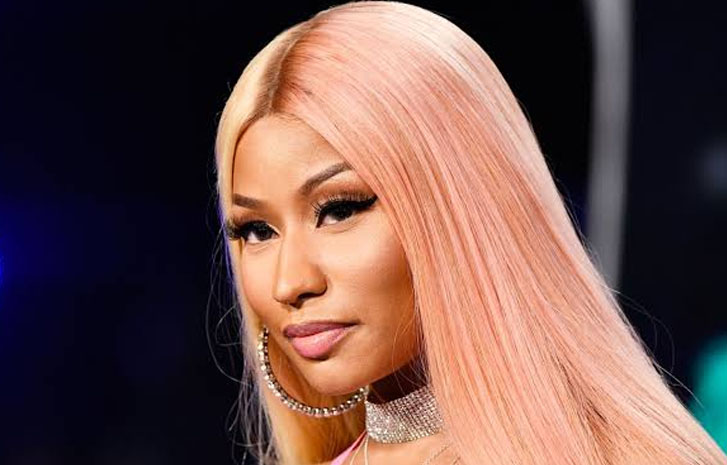516
By Oscar Okhifo, Abuja
Nigeria has expressed strong reservations over its exclusion from a United Nations event addressed by American rapper Nicki Minaj on alleged killings of Nigerians from a particular faith group.
The Chargé d’Affaires of Nigeria’s Permanent Mission to the UN, Mr. Syndoph Endoni, described the decision by the United States, co-host of the event with Minaj as an attempt to “shave our head in our absence.”
The event, held at the UN headquarters in New York, focused on U.S. allegations of Christian persecution in Nigeria.
The U.S. government, under President Donald Trump, had recently designated Nigeria as “a Country of Particular Concern” over alleged genocide against Christians, an accusation the Nigerian government has strongly refuted.
Endoni argued that it was improper to hold a discussion centred on Nigeria without offering the country an opportunity to state its position.
He maintained that the exclusion denied Nigeria the chance to tell its own story, especially when only a select few nations and individuals were invited.
“We asked the U.S. authorities if it was acceptable to continue shaving someone’s hair in his absence.
“The Nigerian government is not standing idly by while criminals perpetrate atrocities.”
The envoy said Nigeria and the United States could better address insecurity challenges only through inclusive and cooperative engagement.
According to him, the U.S. Senior Advisor for African Affairs, Ambassador Patricia Mahoney, visited Nigeria House in New York to brief him on the Minaj event.
She informed him that while three UN member states and a Nigerian pastor were invited, no Nigerian government representative was included.
She explained that the event was private and that participants specifically requested the exclusion of Nigerian officials for fear of reprisals.
Endoni warned that the U.S.’s approach of “naming and shaming” could escalate tensions, adding that Nigeria would continue to engage Washington on extremist attacks and work to safeguard lives and property.
Minaj’s alignment with President Trump’s strong remarks on alleged Christian persecution has ignited a wave of reactions within Nigeria, especially among those uncomfortable with Trump’s recent comments.
Kaduna Senator Shehu Sani has been one of the most vocal critics, directing a series of sharp and scathing remarks at the rapper.
Sani accused Minaj of ignoring the socioeconomic and security crises in her home country, Trinidad and Tobago, urging her instead to address the issues affecting her people.
He further claimed she had failed the girl-child through her dressing and online content, insisting she had “no history of kindness or charity.”
A few hours ago, Sani also shared on his social media platforms, what he called indecent photos of the rapper in an attempt to reinforce his argument that the globally renowned artist was too morally bankrupt to speak about empathy or alleged genocide.
His actions have drawn mixed reactions nationwide. While some Nigerians agree with his criticisms, others question why the senator appears enraged at the possibility of external intervention for communities suffering from relentless attacks by non-state actors.
These Nigerians argue that Sani’s anger seems misplaced, pointing out that Trump’s remarks did not threaten Muslims or law-abiding Northerners but instead expressed frustration over persistent insecurity and the government’s handling of extremist violence.
Critics of Sani, Sheikh Ahmad Gumi and other Northern commentators contend that if the Nigerian government has consistently failed to protect citizens, their properties and places of worship and has instead rehabilitated violent offenders, then Trump’s tougher stance should be viewed as a potential relief, not a provocation.
Despite the heated exchanges, it remains unclear whether the U.S. president known for his uncompromising posture will reconsider his position.



